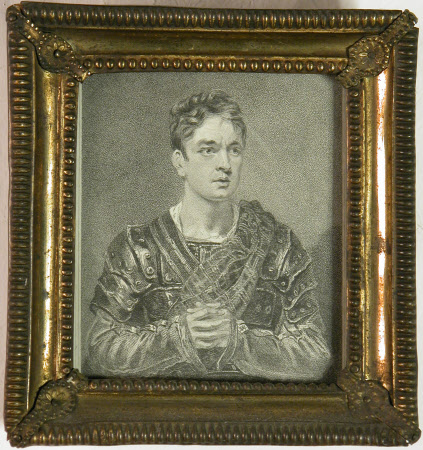Annotation:Rob Roy (3): Difference between revisions
No edit summary |
No edit summary |
||
| (One intermediate revision by one other user not shown) | |||
| Line 1: | Line 1: | ||
---------- | |||
{{TuneAnnotation | |||
|f_tune_annotation_title= https://tunearch.org/wiki/Annotation:Rob_Roy_(3) > | |||
|f_annotation='''ROB ROY [3].''' AKA - "[[Dance in Rob Roy]]." Scottish, Reel (2/4 time). D Major. Standard tuning (fiddle). AABB. [[File:macready.jpg|500px|thumb|right|William Charles Macready (1793-1873) as 'Rob Roy Macgregor' in J. Pocock's Musical Drama 'Rob Roy Macgregor']] | |||
---- | |||
---- | |||
'''ROB ROY [3].''' AKA - "[[Dance in Rob Roy]]." Scottish, Reel (2/4 time). D Major. Standard tuning (fiddle). AABB. [[File:macready.jpg|500px|thumb|right|William Charles Macready (1793-1873) as 'Rob Roy Macgregor' in J. Pocock's Musical Drama 'Rob Roy Macgregor']] | |||
The tune was called "Dance in Rob Roy" in the music manuscript of Yorkshire musician Joshua Burnett, indicating it appeared in Isaac Pocock's (1782-1835) "Rob Roy Macgregor, or Auld Lang Syne", an operatic drama in three acts, published in 1818 and first played at Covent Garden. Pocock was also a painter of portraits and historical subjects, and adapted many of his stage works from novels. The musical score for "Rob Roy" was composed by John Davy, who drew heavily from familiar Scottish folk songs. William Charles Macready initially took the title role. The opera ran respectably, proved popular, and was revived often in the first half of the 19th century. | The tune was called "Dance in Rob Roy" in the music manuscript of Yorkshire musician Joshua Burnett, indicating it appeared in Isaac Pocock's (1782-1835) "Rob Roy Macgregor, or Auld Lang Syne", an operatic drama in three acts, published in 1818 and first played at Covent Garden. Pocock was also a painter of portraits and historical subjects, and adapted many of his stage works from novels. The musical score for "Rob Roy" was composed by John Davy, who drew heavily from familiar Scottish folk songs. William Charles Macready initially took the title role. The opera ran respectably, proved popular, and was revived often in the first half of the 19th century. | ||
|f_source_for_notated_version= | |||
|f_printed_sources= Kennedy ('''Traditional Dance Music of Britain and Ireland: Reels and Rants'''), 1997; No. 173, p. 41. Laybourn ('''Köhler’s Violin Repository, Book One'''), 1881; p. 54 | |||
|f_recorded_sources= | |||
|f_see_also_listing= | |||
}} | |||
Latest revision as of 16:34, 13 August 2023
X: 1 T:Dance in Rob Roy. JBu.31 T:Rob Roy [3] O:England,South Yorkshire S:Joshua Burnett’s MS,c1835,S.Yorkshire M:C| L:1/8 Q:1/2=80 R:reel Z:vmp.R.Greig.2011 K:D FABA FABA|FAdf gee2|FABA dcBA|Bdce fdd2:| |:fdge afed|Bcde cAA2|fdge afed|Bdce fdd2:|

The tune was called "Dance in Rob Roy" in the music manuscript of Yorkshire musician Joshua Burnett, indicating it appeared in Isaac Pocock's (1782-1835) "Rob Roy Macgregor, or Auld Lang Syne", an operatic drama in three acts, published in 1818 and first played at Covent Garden. Pocock was also a painter of portraits and historical subjects, and adapted many of his stage works from novels. The musical score for "Rob Roy" was composed by John Davy, who drew heavily from familiar Scottish folk songs. William Charles Macready initially took the title role. The opera ran respectably, proved popular, and was revived often in the first half of the 19th century.

